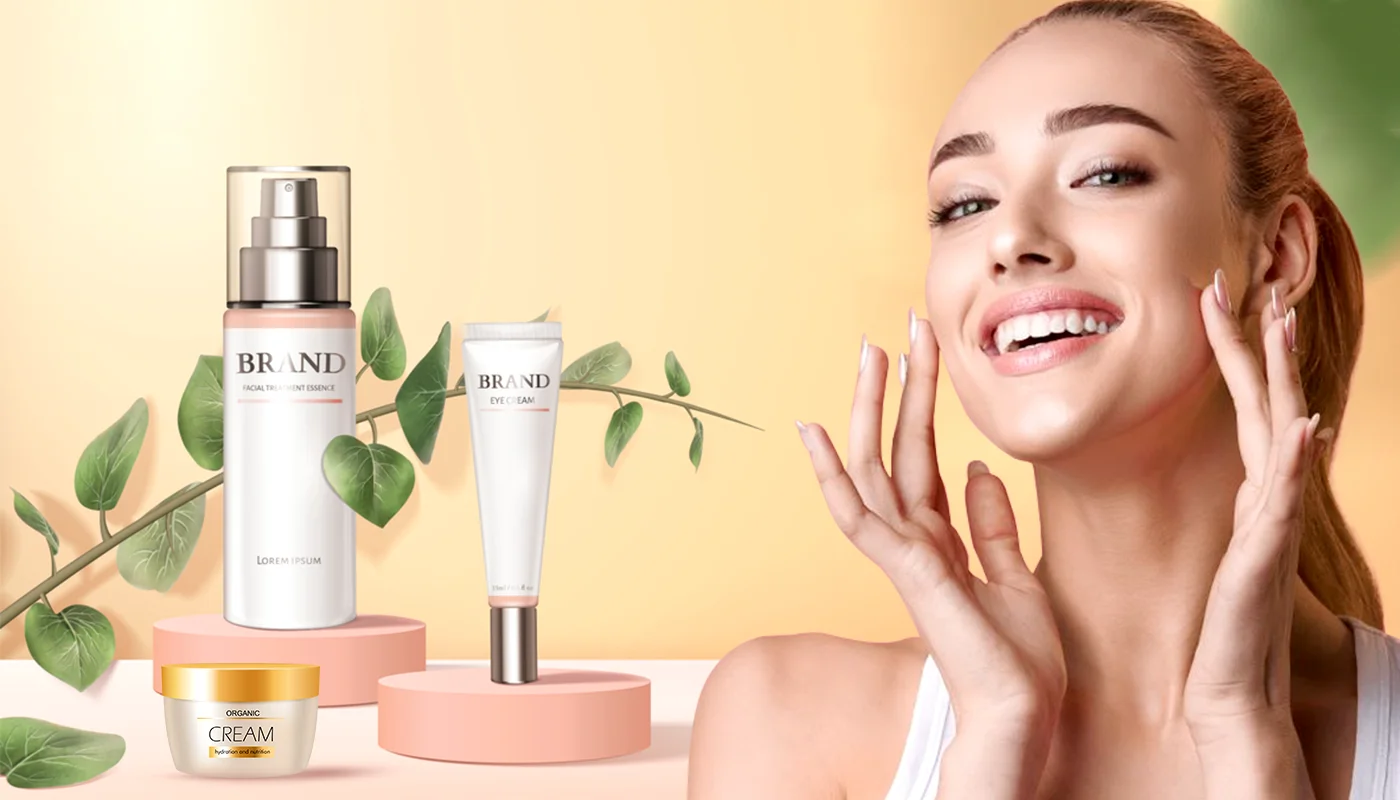Introduction
Custom skin care formulations allow brands to offer unique, targeted solutions that stand out in a crowded market. In today’s highly competitive beauty industry, consumers are seeking products tailored to their specific needs and preferences. Whether you’re a new entrant eager to make your mark or an established brand looking to diversify your offerings, understanding how to choose the best custom formulations is crucial for success.
Benefits of Custom Skin Care Formulations
- Unique Selling Proposition (USP)
Custom formulations provide a distinctive selling point that sets your products apart from the sea of competitors. By offering something special, you can attract consumers who are looking for products that resonate with their individual skin care needs.
- Targeted Solutions
Tailor-made formulations are designed to address specific skin concerns, such as acne, dryness, or fine lines. This targeted approach not only makes the products more effective but also more appealing to consumers who want solutions that truly work for them.
- Brand Loyalty
By offering exclusive formulations that cannot be found elsewhere, brands can foster strong customer loyalty. When consumers feel they have discovered a product that genuinely meets their needs, they are more likely to become repeat buyers, creating a stable customer base.
Factors to Consider
- Skin Types and Concerns
Identify the various skin types and concerns you want to address, including oily, dry, combination, sensitive, and aging skin. Understanding your target audience’s specific needs is key to developing successful formulations that resonate with them.
- Ingredients
Focus on sourcing high-quality, effective ingredients that deliver results. Natural and organic options are increasingly popular among consumers, reflecting a growing desire for transparency and eco-friendliness in skincare products. Highlighting the benefits of these ingredients can further enhance your product’s appeal.
- Regulatory Compliance
Ensure that your formulations comply with the necessary regulatory standards in the regions where you plan to market and sell your products. This not only protects consumers but also establishes your brand’s credibility and trustworthiness.
- Supplier Reputation
Partner with reputable suppliers known for their reliable ingredients and consistent quality. The integrity of your product depends largely on the quality of the components used, making this a critical consideration in the formulation process.
Steps to Create Custom Formulations
- Research and Development
Conduct thorough research to understand the needs of your target market. This includes analyzing consumer trends, listening to feedback, and identifying gaps in the market. Partnering with experienced formulators and chemists can help ensure that your products meet high standards of safety and efficacy.
- Testing and Validation
Rigorous testing is crucial to ensure the safety and efficacy of your formulations. Conduct clinical trials and gather consumer feedback to validate your products. This stage helps to refine the formulations and assures consumers that they are investing in a safe and effective product.
- Packaging and Branding
Choose packaging that complements your formulation while aligning with your overall brand identity. Consider sustainable packaging options, as eco-conscious consumers are increasingly drawn to brands that prioritize environmental responsibility. Premium packaging can also enhance perceived value and attract discerning buyers.
Case Studies
- Innovative Brands
Companies like The Ordinary have built their brand around unique, science-backed formulations. Their focus on transparency regarding ingredient sourcing and efficacy has garnered a loyal following. By demystifying skin care, they empower consumers to make informed choices.
- Niche Markets
Brands like Drunk Elephant specialize in clean, biocompatible ingredients, catering to consumers looking for non-toxic skincare options. Their commitment to avoiding potentially harmful ingredients resonates with a growing demographic of conscious consumers, proving that niche markets can lead to significant brand success.
Conclusion
Choosing the best custom skin care formulations involves a comprehensive mix of market research, ingredient selection, and rigorous testing. By investing time and resources into quality and innovation, you can create products that not only meet consumer expectations but also exceed them. In a world where personalized skin care is becoming the norm, your ability to deliver exceptional, tailored solutions will set you apart in the industry.




Average Rating